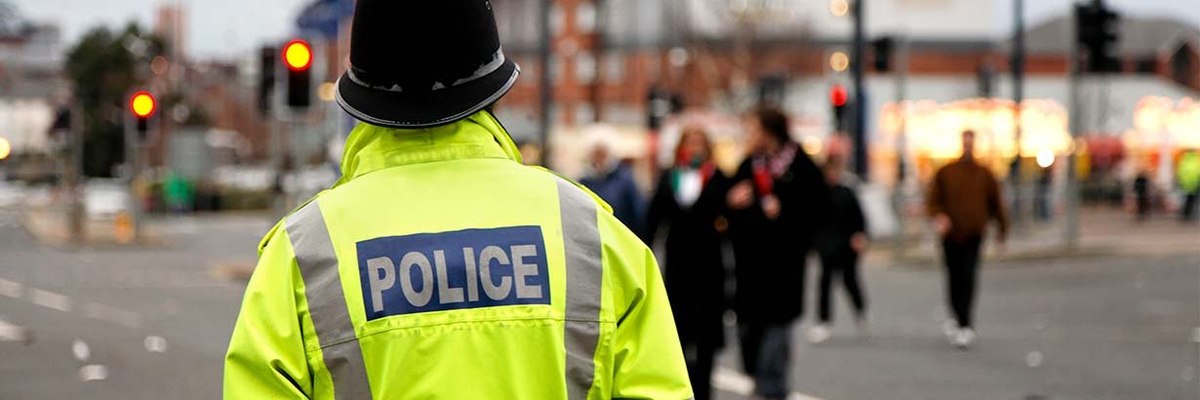Britons take a stricter view regarding therapy notes than phone seizures
Rape prosecutions are plummeting amid warnings that unnecessary intrusion has been causing victims to drop out of prosecutions and delaying investigations that can take years to reach court.
Investigations can involve the seizure and scrutiny of the alleged victim’s phone, while police can also request access to the counselling and therapy notes of those who report rape.
After pressure from campaigners, including the Victims’ Commissioner, the government restricted police powers to seize victims’ phones to cases where they have reasonable belief that information contained within is relevant to a reasonable line of enquiry.
This seems to be about the standard that a third of the public (34%) think it should be in rape cases, saying that police should be allowed to do so whenever they deem it relevant during their investigation.
However, 43% take a stricter approach, believing it should only happen in circumstances where officers can provide evidence that the victim’s phone contains information that could undermine the prosecution or support the defence.
One in eight (13%) go so far as to say that police officers should not be able to seize and search the phones of alleged rape victims at all.
Younger people are the most reluctant to allow police less restrictive access to rape victims’ phones – 19% of 18 to 24-year-olds say officers should be allowed to seize and search them whenever they deem it relevant, compared to between 31% and 43% of other age groups.
A fifth of Britons say police should be able to secure rape victims’ therapy notes whenever they deem it relevant to their investigation
Campaigners say the likelihood of victims’ therapy and counselling notes being disclosed to defence teams, prosecutors and lawyers can deter rape victims from seeking justice – and therapy.
CPS guidance was updated last year to allow therapy notes to be requested by officers whenever they deem it relevant to their investigation, while previously they could only be secured if they were known to contain material capable of “undermining the prosecution case or assisting the suspect”.
The public, however, take a much stricter view. Fully one in three (32%) say that police shouldn’t be able to access rape victims’ therapy notes at all.
A further third (34%) align their views with the previous, more stringent, CPS guidance, believing disclosures from therapy sessions should only be revealed to police if officers can prove the notes contain information that could undermine the prosecution or support the defence.
Only one in five (21%) take the view that matches the new rules, thinking officers should be able to secure such notes whenever they deem it relevant to their investigation.
Younger Britons are again more likely to want the police to be subject to greater restrictions, with more than four in ten 18 to 24-year-olds (43%) saying police should never be allowed to view therapy notes, compared to between 28% and 34% of other age groups.
Photo: Getty








